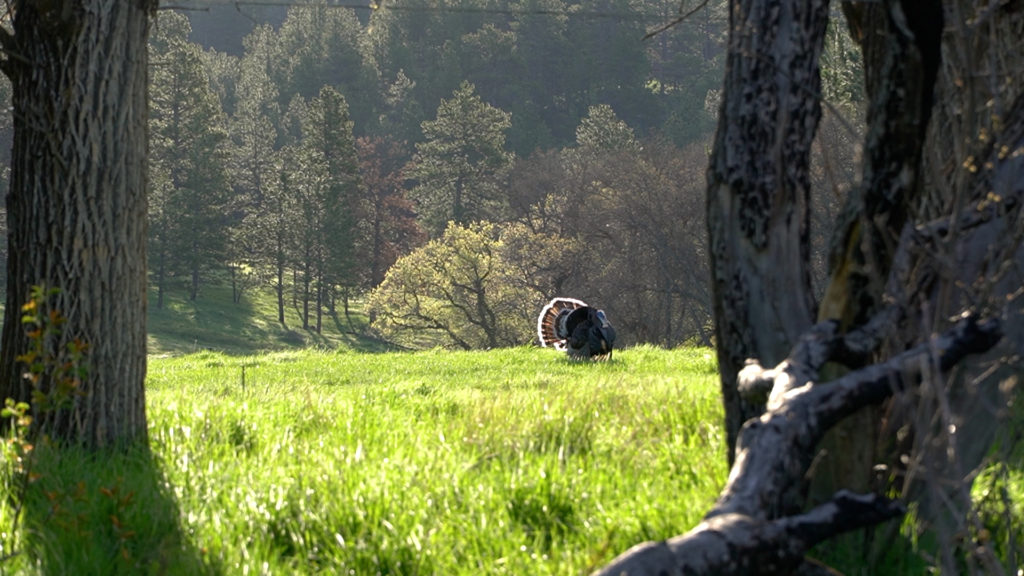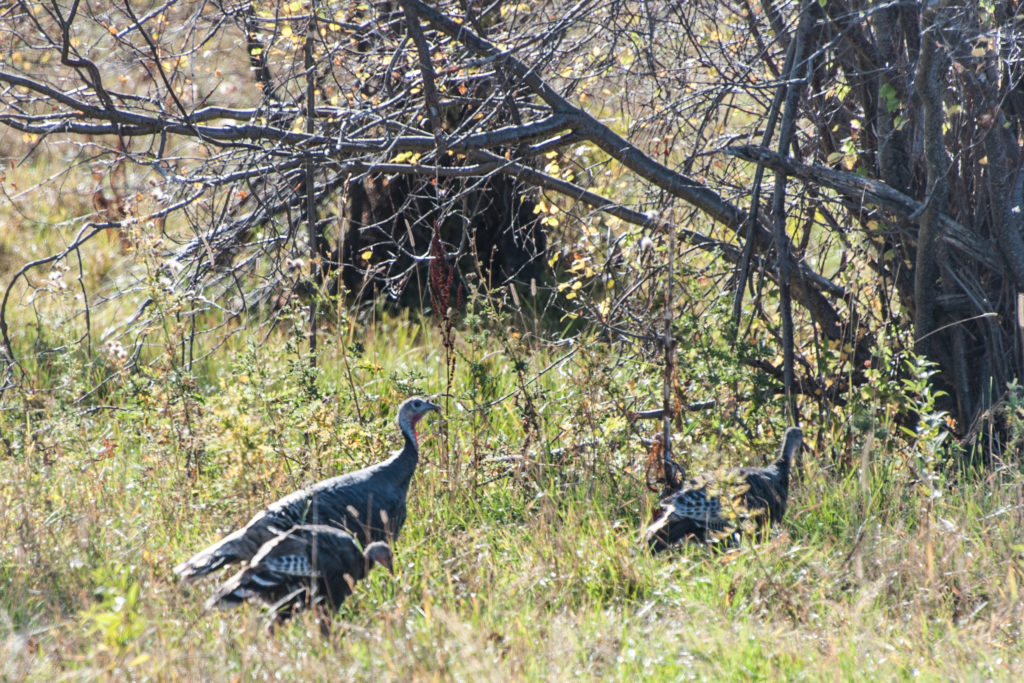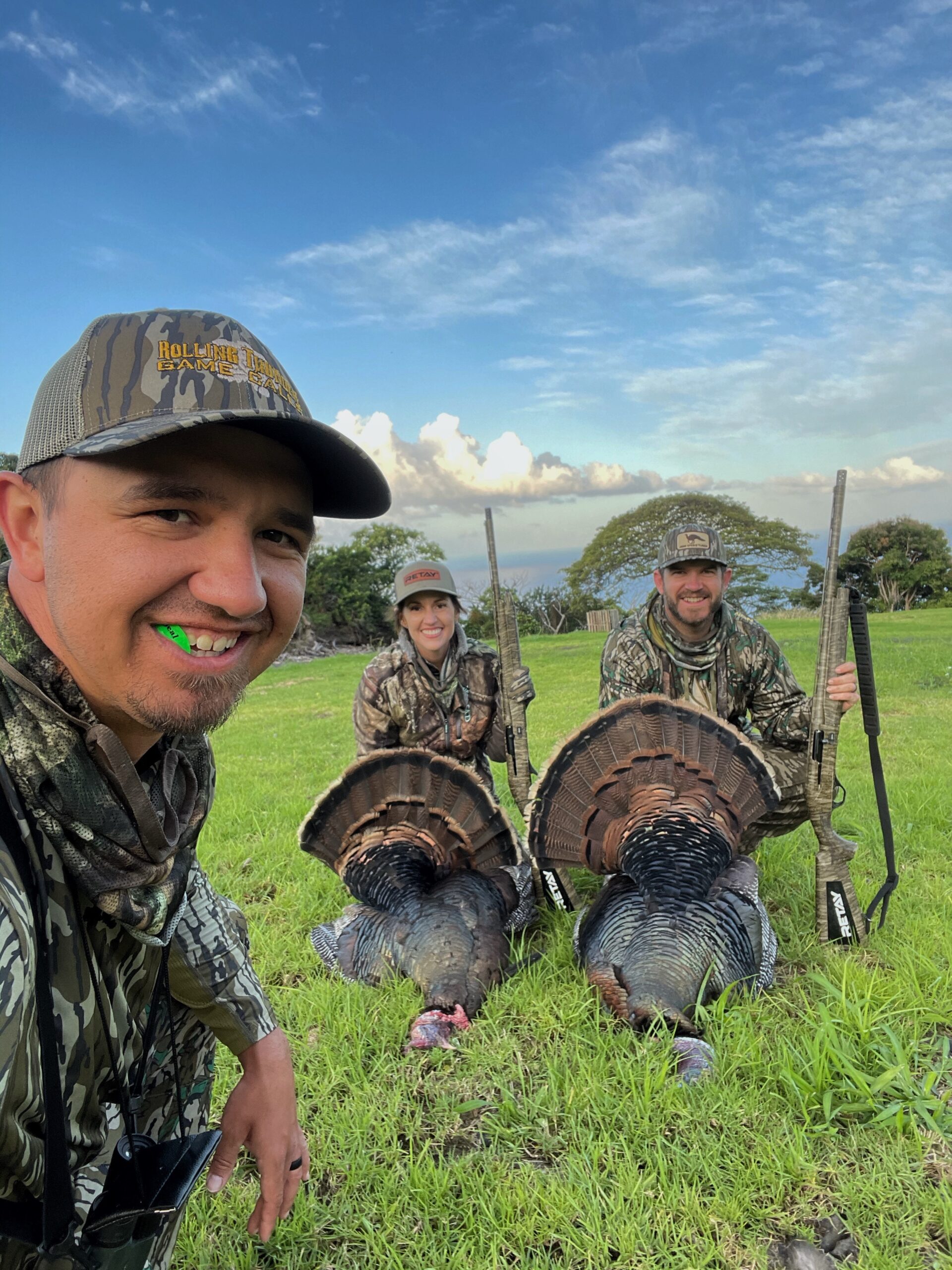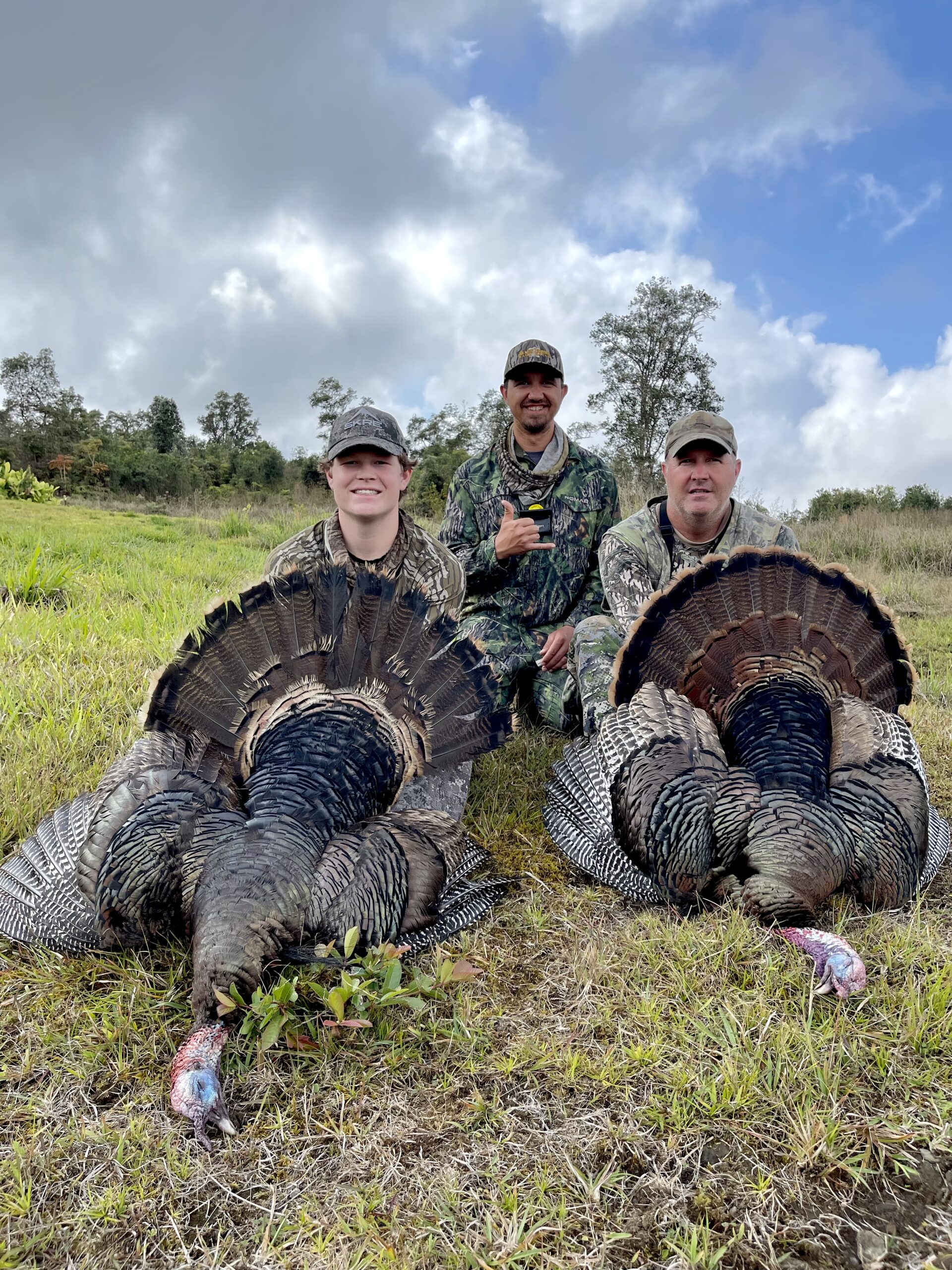



Sign in
Sign in to save favorite properties and equipment, save your search parameters and more
Don’t have an account yet? Sign Up Now
Sign up
Already have an account? Login Now






Sign in
Sign in to save favorite properties and equipment, save your search parameters and more
Don’t have an account yet? Sign Up Now
Sign up
Already have an account? Login Now
Here’s a challenge: talk with Brandon Pendergrass of Hayden Outdoors for more than two minutes and try your hardest not to fall in love with turkey hunting. And not just the idea of it, but the lifestyle of it – the actual interaction with the birds and the habitat and how it all comes together on one idyllic springtime day in Missouri. Or Nebraska. Or Tennessee. Or Texas. Take your pick of premier turkey hunting land in the US.
“Turkey hunting is a great gateway for anyone looking to learn more about hunting or just wanting to be outside, connecting with the land. It’s the perfect day because it happens in the spring, when the weather is warm. And it doesn’t take all day if you’re with someone who knows what they’re doing. So after hunting it’s time to fish in a nearby pond, river, lake, or creek where the fish will be hungry, because – again – it’s spring and all animals are. Then go scout for some mushrooms. Then fire up the grill and cook that fish or that turkey while you drink some sweet tea. Maybe in a field, maybe in a small stand of timber, maybe along some water. Sit in the sun and enjoy. That’s what it’s all about.”
Sign us up.
Brandon has been an expert on turkey hunting nearly his entire life, beginning with his morning chores on his family’s 500-acre farm in southern Missouri when he was a kid. “It was my job to feed the pigs before the bus came to take me to school, and the turkeys were always gobblin’ back there, so I spent a lot of time with them, watching them, listening to them.” From there, he started hunting turkeys with friends, became a devout turkey hunter by age 16, and he’s been all-in ever since, moving onto guiding, hunting show appearances, and competitions all over the country.

When buying turkey hunting land, you should consider factors such as location, size, terrain and habitat. Look for land that has plenty of natural vegetation, water sources, and cover for turkeys. According to Brandon, a mixture of landscape is key, as is close proximity to water. “The perfect property would be 50% open space and 50% timberland. Big, mature timber will offer a lot of roost trees and food sources like acorns and berries. Look for some overgrown fields with native grasses and property that provides a variety of food sources. A majority of the time, turkeys will try to find roost sites that are close to water, so if you use the land year-round, it’s important to have a water source such as a spring, pond, lake, or other source that’s resistant to drought.”
Brandon cites one of the tenets and most important truths of real estate investment, “There’s never a bad time to invest in land, because there’s only so much of it.” This is particularly relevant to turkey hunting property. Luckily, the United States features a variety of states that offer premier turkey hunting land, such as Missouri, Nebraska, Tennessee, Texas, and Florida.
The time to buy is when the right property pops up, so the best thing you can do is be prepared. Make sure your financing is secured, and contact your local recreational land real estate expert. Hunting land can be a very valuable and lucrative investment – monetarily, personally, and generationally. Back to Brandon’s ideal spring day, owning your own turkey hunting land can be a great way to bond with friends and family, establishing the kinds of adventurous traditions that are harder and harder to come by in today’s busy world.
Logging the timber on your property is a great way to generate income from the land. Selective logging can help open up food plots and create road systems. If the land is conducive to farming, you can lease the land to a producer, which is also great for turkey hunting habitat as it provides a consistent food source.
Another income opportunity to consider is leasing the land to other hunters, hunting outfits, or hunting guides. This can add to the value of your asset, demonstrating the property’s productivity and income possibilities.
The first part of the answer is probably the most obvious, “When you own a good piece of hunting ground, you control all of that,” says Brandon. No competing for spots on opening day, pressured birds, or other bird hunters. It also ensures your hunting experience is private, uninterrupted, and most importantly, safe. He adds, “Safety is a big point. There’s also the pressure put on the turkeys. You can control or better regulate the pressure on the flock when hunting private land. Public birds can be pressured making it harder to hear or locate them. It also allows you to better control the habitat.”


Start with mapping. Mapright, onX, and Google are all excellent sources of information as is aerial imagery. Look at the area as a whole to understand the location and surrounding properties. Talk with other local landowners and hunters to gain insights. Look at the habitat.
Pull on your best hiking boots and walk the property (with the current owner’s permission). This is particularly important to do right at daylight in the spring if possible. This is probably the most effective way to locate signs of turkey activity and learn more about the habitat.
Brandon’s pro tip? Bring binoculars so you can glass fields. This can help you scout and see the landscape and population or activities of the turkeys. Also consider calling the listing agent to ask about the history of the land as it relates to turkey hunting, including looking at any trail cam pictures or other documentation.
The beauty of owning the land is your ability and freedom to personalize it to your needs and preferences. You can design the property to attract turkeys by planting specific vegetation, building cover such as ground blinds, putting in roads or openings, and planting food plots. It’s important to understand how flocks have behaved in previous seasons, and customize the land to cater to those habits.
Brandon suggests establishing a road system and watering holes. “Turkeys rely a lot on their eyesight. They like spaces where they can feel comfortable coming out and strutting with their hens. Road systems allow you to slip around quietly as you’re turkey hunting.” He also suggests letting some old fields grow to become more dense with native grasses and flora, while cutting down other taller grasses. Consider planting chicory, clover, or other turkey-friendly food sources. In short, habitat variety is essential. And when you own the land, you can establish multiple hunting locations for cover and ground blinds based on previous flock activity for different scenarios.
Brandon points out that working with a recreational land real estate agent offers huge benefits. “You’re talking to someone who not only understands the business of real estate; they’re also passionate about the outdoors. As outdoorsmen and women, even if they’re not a turkey hunter, they will have been paying attention to the land, making note of when and where they see wildlife, and for how many days in a row. These details set the experience apart from working with a traditional residential or commercial agent.”
Brandon leaves us with this thought, “Purchasing turkey hunting property you can utilize in the springtime will be one of the best investments of your lifetime. It’s an all-inclusive experience that creates an immediate connection between you, the birds, the land, your friends, and your family.” It’s a pretty special thing – to have that kind of unlimited access to prime turkey hunting land, and to create the traditions and memories that come along with it.
If you’re looking to buy prime turkey hunting land, contact the recreational real estate specialists at Hayden Outdoors, where the reason you should is right there in the name. All of the agents are experts in the great outdoors. They know where to look and what to look for when it comes to buying an ideal hunting property in your neck of the woods.
Brandon Pendergrass photo below with fellow agent Jeff Lovan and Bree Lovan.
Also pictured with hunters in Hawaii as a guide.



